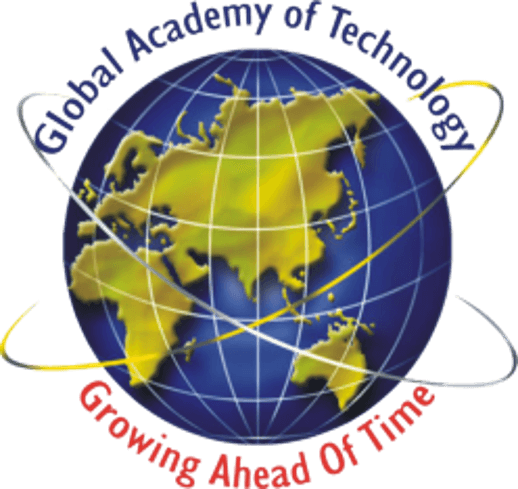Lorem ipsum dolor, sit amet consectetur adipisicing elit. Fuga harum quia, non enim sit facilis dolores neque rem mollitia beatae.
Program Educational Objectives:
- Able to practice and implement their success skills like problem solving, communication and collaboration for providing innovative engineering solutions.
- Contribute their AI & ML expertise grounded in computer science as members and leaders of professional engineering teams in multidisciplinary applications.
- Demonstrate lifelong learning through continued professional development and higher education in top graduate technical, research and management programs.
- Demonstrate a commitment to society by applying the skills and knowledge for a smarter and ethical world.
Program Specific Outcomes (PSO):
- Graduates will be Proficient in programming and problem-solving skills for developing, managing software and distributed systems.
- Graduates will be able to identify, formulate, predict and solve real world problems by applying principles of Artificial Intelligence & Machine learning.
Program Outcomes:
Engineering Graduates will be able to:
Engineering Knowledge
Apply the knowledge of mathematics, science, engineering fundamentals, and an engineering specialization to the solution of complex engineering problems.
Problem Analysis
Identify, formulate, review research literature, and analyze complex engineering problems reaching substantiated conclusions using first principles of mathematics, natural sciences, and engineering sciences.
Design/Development of Solutions
Design solutions for complex engineering problems and design system components or processes that meet the specified needs with appropriate consideration for the public health and safety, and the cultural, societal, and environmental considerations.
Conduct Investigations of Complex Problems
Use research-based knowledge and research methods including design of experiments, analysis and interpretation of data, and synthesis of the information to provide valid conclusions.
Modern Tool Usage
Create, select, and apply appropriate techniques, resources, and modern engineering and IT tools including prediction and modeling to complex engineering activities with an understanding of the limitations.
The Engineer and Society
Apply reasoning informed by the contextual knowledge to assess societal, health, safety, legal and cultural issues and the consequent responsibilities relevant to the professional engineering practice.
Environment and Sustainability
Understand the impact of the professional engineering solutions in societal and environmental contexts, and demonstrate the knowledge of, and need for sustainable development.
Ethics
Apply ethical principles and commit to professional ethics and responsibilities and norms of the engineering practice.
Individual and Team Work
Function effectively as an individual, and as a member or leader in diverse teams, and in multidisciplinary settings.
Communication
Communicate effectively on complex engineering activities with the engineering community and with society at large, such as, being able to comprehend and write effective reports and design documentation, make effective presentations, and give and receive clear instructions.
Project Management and Finance
Demonstrate knowledge and understanding of the engineering and management principles and apply these to one’s own work, as a member and leader in a team, to manage projects and in multidisciplinary environments.
Life-Long Learning
Recognize the need for, and have the preparation and ability to engage in independent and life-long learning in the broadest context of technological change.
- Artificial Intelligence & Machine Learning
- Overview
- PO's and PSO's
- Faculty
- Infrastructure
- Achievements
- Student Clubs
- Industry Interaction
- News Letter
- News
- Events
- Gallery
Latest News
Lorem, ipsum dolor sit amet consectetur
Lorem, ipsum dolor sit amet consectetur
Lorem, ipsum dolor sit amet consectetur
Lorem, ipsum dolor sit amet consectetur
Lorem, ipsum dolor sit amet consectetur
Copyrights Reserved @
Developed by Swaragh













